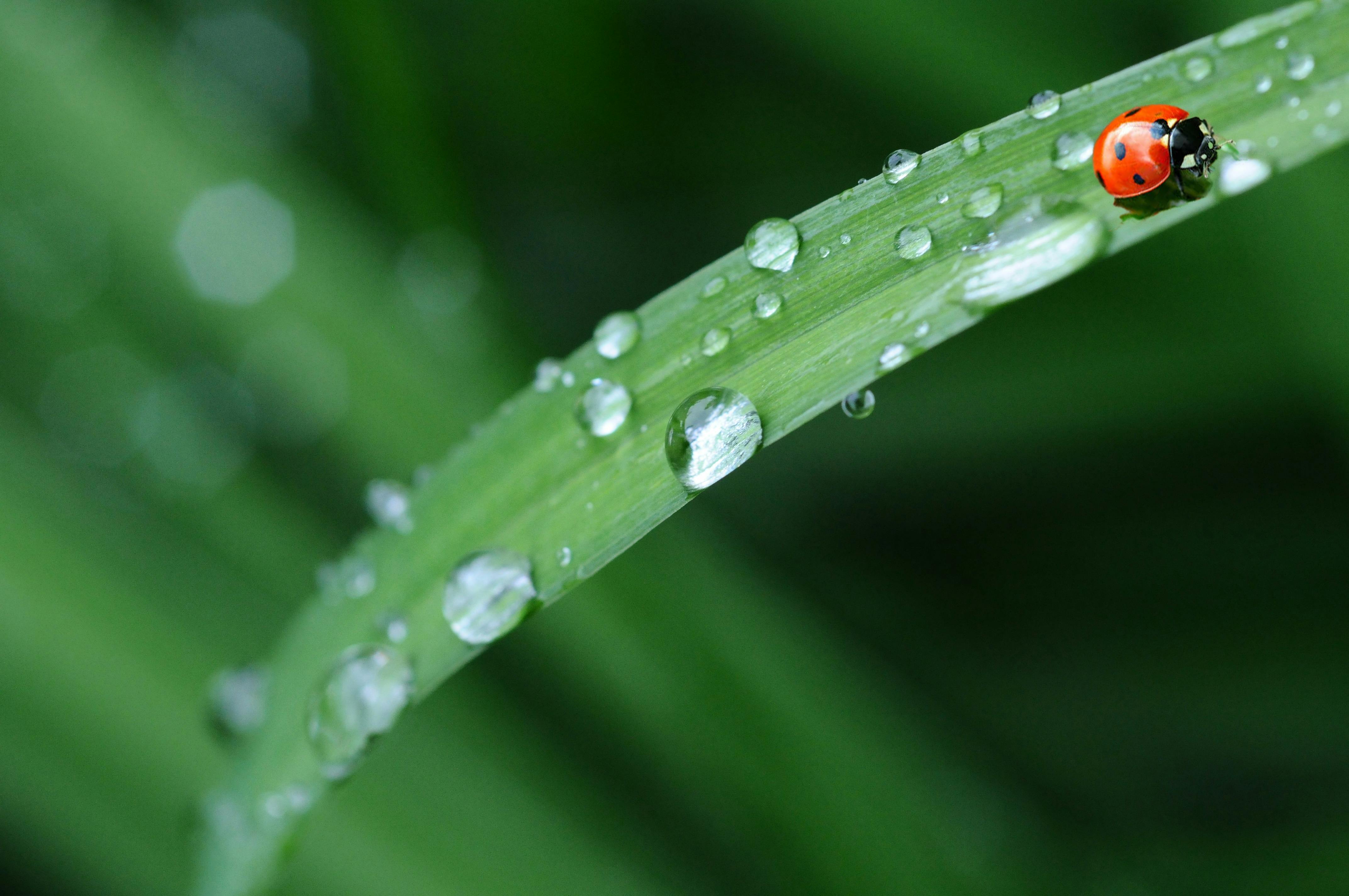Spring water is often thought of as being better than distilled water due to its natural purity and flavor. Spring water is harvested from naturally occurring underground sources, which are typically protected from pollutants and sediment, resulting in a clean and refreshing taste. Distilled water, on the other hand, is made by vaporizing water and collecting it as a liquid. It has been stripped of its natural minerals, so it does not contain any beneficial nutrients or minerals like spring water does. So which type of water is the best choice for you? To help you decide, let’s take a closer look at the differences between spring water and distilled water.Spring water is water that has been naturally collected from an underground source. It originates from an aquifer, which is a natural underground layer of rock and sand that holds water. Spring water is typically considered to be of the highest quality, as it has not been exposed to the elements or had its mineral content altered.
Distilled Water
Distilled water is water that has been boiled into vapor and then condensed back into liquid form. It is free from contaminants and minerals, making it safe for consumption. Distillation is a process used to purify water by removing contaminants, such as bacteria, viruses, and heavy metals. The process involves boiling the water until it changes to vapor, then collecting the condensed vapor in a separate container. This leaves behind any impurities present in the original water. The result is pure, distilled water that can be used for drinking or many other purposes.
Distilled water has many uses. It can be used in scientific experiments, medical treatments, automotive cooling systems, steam irons, and humidifiers. Because of its purity and mineral-free nature, distilled water is also often used in aquariums to help maintain the balance of beneficial bacteria in the tank. Additionally, distilled water can be consumed directly as a source of hydration or used to make coffee or tea.
The main advantage of using distilled water is its lack of impurities and minerals. This makes it safe for drinking and other applications where cleanliness is essential. Additionally,
Is Spring Water Healthier Than Distilled Water?
Water is essential to life, and the type of water we drink can have a huge impact on our overall health. Spring water and distilled water are both popular choices for drinking, but which is better for your health? Let’s take a closer look at the differences between spring water and distilled water to help you decide.
Spring water is natural spring-fed water that has been collected from underground sources. It is usually high in minerals, such as calcium and magnesium, which can help support healthy bones and teeth. Spring water also contains trace amounts of other minerals that can benefit your health, such as sodium, potassium, and iron. Some brands may also add additional minerals to their spring water for added health benefits.
Distilled water is essentially pure H2O with almost all impurities removed through a distillation process. Since it has no minerals or other nutrients in it, it is considered “inert,” meaning it has no effect on the body one way or another. While this may seem like a good thing at first glance, drinking too much distilled water can actually cause mineral
Does Spring Water Contain More Minerals than Distilled Water?
Spring water, which is collected from an underground source, typically contains more minerals than distilled water because it is naturally filtered through layers of rock and sand. It is usually rich in minerals such as calcium, magnesium, sodium, potassium, and iron that can benefit the human body. Spring water is also known to have a better taste than distilled water.
Distilled water is made by boiling and condensing steam from boiling water. It contains fewer minerals than spring water because the boiling process removes many of the natural minerals from the water. Even though distilled water may not contain as many minerals as spring water, it can still be beneficial for people who need to avoid certain minerals due to medical conditions or dietary restrictions.
The amount of minerals present in either type of water depends on where it comes from and how it was processed. Generally speaking, spring water has a higher mineral content than distilled water due to its natural filtration process. However, both types of water can provide hydration and other health benefits when consumed in moderation.
It is important to note that while spring and distilled waters may differ when
How Does the Taste of Spring Water Compare to Distilled Water?
When it comes to water, spring water and distilled water are two of the most popular options. While both provide clean drinking water, there are some key differences between these two types of water. One of the most noticeable differences is the taste. Spring water has a flavor that is slightly sweet and earthy, while distilled water has a much more neutral taste.
When compared side by side, many people find that spring water has a more enjoyable taste than distilled water. This is because it contains natural minerals like calcium and magnesium which give it its distinct flavor. Distilled water, on the other hand, has been stripped of all minerals during the purification process which gives it a much milder taste.
Another difference between spring and distilled water lies in their origins. Spring water is sourced from an underground aquifer or natural springs where it is filtered through layers of rock and soil before being bottled for consumption. Distilled water, on the other hand, is created through a process called distillation, where all impurities are removed from tap or well-water by boiling and condensing the steam produced during this

Is Spring Water Better for Cooking Than Distilled Water?
When it comes to cooking, many home chefs and professional cooks alike turn to spring water as an alternative to distilled water. Spring water is naturally sourced from underground sources and is generally considered to be of higher quality than distilled water. It also contains some minerals that are beneficial for cooking, such as magnesium, calcium, and potassium.
Spring water also tastes better than distilled water and has a more complex flavor profile due to its mineral content. This can make it a great choice for dishes that require a more nuanced flavor, such as soups, sauces, stews, and other foods. In addition, using spring water in your cooking can help reduce the amount of sodium in your food since spring water contains fewer impurities than distilled water.
Spring water also has a higher boiling point than distilled water, which means that it can be used in recipes that require higher temperatures. This makes it ideal for making sauces or boiling pasta or vegetables. Additionally, because spring water is naturally sourced from underground sources, it’s free of chemicals and other pollutants that can be found in municipal tap water supplies.
Overall, spring water
How Does the Cost of Spring and Distilled Waters Compare?
When it comes to the cost of spring and distilled waters, there are some differences. Generally speaking, spring water tends to be more expensive than distilled water due to its higher mineral content and production process. Many people are willing to pay more for the taste and minerals that spring water provides. It also has a higher pH level than distilled water, making it slightly better for drinking.
Distilled water is less expensive because it is simply purified water with no added minerals or other substances. It does not contain any natural minerals or electrolytes, so it does not have a distinct taste like spring water does. The process of distilling is also much simpler than that of collecting and bottling spring water, which helps keep the prices lower. Additionally, distilled water has a neutral pH level making it suitable for most uses such as cooking or cleaning.
In conclusion, while both types of water are suitable for drinking and other uses, there are some differences in their cost due to their production processes and content. Spring water tends to be more expensive due to its high mineral content while distilled water is cheaper because it is simply purified
Environmental Benefits of Spring Water Over Distilled Water
Spring water has been known for centuries to be a source of nourishment and wellness. Its many health benefits have been documented throughout history, and it continues to be a preferred choice for millions of people around the world. In addition to its known health benefits, spring water also offers a number of environmental benefits when compared to distilled water.
Spring water is naturally filtered and purified by the earth’s natural filtration system, such as rocks, sand, and clay. This natural filtration process ensures that the water is free from pollutants, such as heavy metals and other contaminants. In addition, since spring water is often collected directly from the source, it does not require any additional processing or treatment before it is bottled or consumed. This allows for a reduction in energy consumption associated with conventional water purification processes.
Spring water can also help reduce reliance on plastic bottles that are harmful to the environment. Plastic bottles are not only difficult to recycle but also contribute significantly to landfills and ocean pollution. By replacing plastic bottles with reusable containers filled with spring water, consumers can help reduce

Conclusion
Spring water is generally considered to be a better choice than distilled water due to its natural minerals and other beneficial compounds. Spring water is naturally filtered, which helps to remove contaminants that can be found in tap and other sources of drinking water. It has a better taste than distilled water, and it may even provide some health benefits due to its mineral content. Spring water is also more sustainable than bottled distilled water, as it can easily be collected from the ground or a nearby spring.
Overall, spring water is the clear winner when it comes to choosing between spring and distilled water. Its natural filtering process helps to remove contaminants, its taste is more pleasant than distilled water, and its mineral content may even provide some health benefits. For these reasons, spring water should be the go-to choice for anyone looking for an alternative to tap or bottled drinking water.

